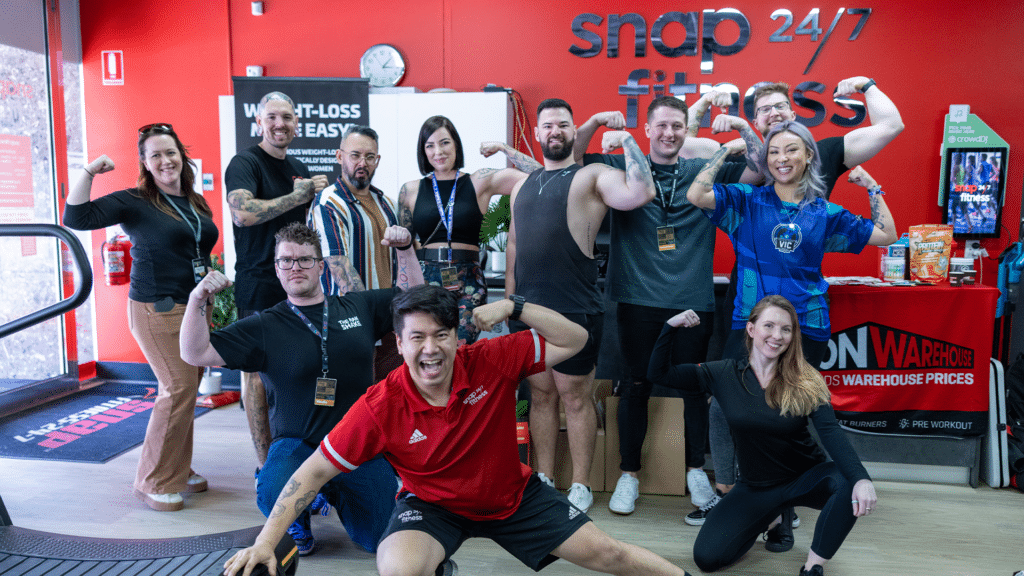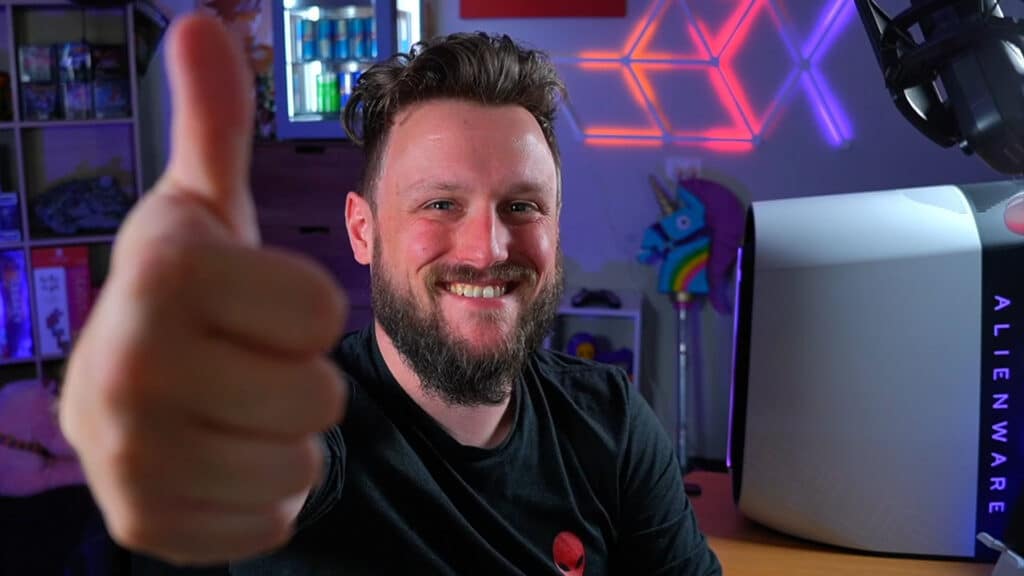Freddy from GTG: I’m here today with Ben Lenihan, who is the president of the New Zealand Esports Federation (NZESF) and a part of the recently formed Oceanic Esports Council in partnership with the Australia Esports Association (AESA). First of all Ben I’ll let you introduce yourself and the NZESF.
Ben Lenihan: I am the President of the Federation and in my day job a lawyer for Auckland based firm McVeagh Fleming. We started the Federation almost exactly two years ago now, purely because we saw a gap in the market for the governance and advocacy in esports. Esports as an industry isn’t just about putting on shows and tournaments, but really for us pushing it legally as an industry and a sport. We’ve had a fantastic response but run into the obvious issue that it isn’t technically recognised as a sport, and we’re working towards fixing that.
F: Awesome, and as I mentioned you’ve recently formed and announced the Oceanic Esports Council partnership. In terms of the current situation in Australasia where there is the AESA representing our mates over the pond, then your committee here representing New Zealand, what does this joint council mean?
B: Well first off the partnership between the NZESF and the AESA is only a joint duo at this stage because we’re the only two groups representing countries in this part of the world. As soon as there is a Fijian, Tongan, Samoan or any other committee representing players in the region we would wholeheartedly welcome. So at this stage the council is only really joint because as far as we know those other organizations don’t exist, but the aim is to represent Oceania as a confederation, as we start on the Olympic movement.
We were asked to form a body that speaks on behalf of the region, as we begin to work with the IOC, IESF, and Alibaba (who sponsor the Olympics) on making esports a part of the Olympics moving forward. The main goal was to set up a one stop shop, where the global partners could come to one individual council to have issues, questions, and concerns answered around the Oceanic region.
F: Right, and in terms of the current two committees that we currently have operating, are we going to see any difference in those two organisations? And if so, what can we expect?
B: Not as a result of this, personally for the NZESF we do need to make some changes, but those aren’t as a result of putting the council together. The only major change being how great it has been to get that link, as it really opens up what we can achieve working together rather than independently.
F: You’ve earlier mentioned the Olympics, which has very much always been a big question for the industry. Now with the council in place, what needs to happen to achieve that goal?
B: So first off we need to become a part of what’s called SportAccord, which serves essentially at the level under the IOC. It captures a wider net of competition and sports, for example last year the pole dancing federation became a part of it, which really opens up more and more opportunity to push toward that Olympic objective. Last year the IESF tried to get in, but just missed out on making the cut due to not having enough delegates across all their countries. It is somewhat of a long road as you can imagine, but thanks to Alibaba it very much sounds like esports is being pushed to the front of the queue, just because of the overwhelming demand to see esports in the Olympics. Not only are the numbers so massive, but the IOC is trying harder and harder each year to engage with a younger audience, and it’s very clear that is something esports can provide.
F: That sounds like a clear roadmap which is super promising. Jumping back now to the council, where do you see the council being 12 or so months from now? And what is your vision for the council at that point and beyond?
B: Well the aim is to at that stage be very closely engaged with the Olympic movement as mentioned, and have in place a lot more rigorous procedure and policy. We’re also working to updating a lot of our work around governance, and updating internal documents to really keep up with the state of the market, especially considering all of the dramatic growth we’ve seen in the last 12 months, notably in New Zealand.
F: Right on, and then moving on like I said to that vision beyond the next year, what do you see the big achievables for the NZESF looking like? What are your upcoming objectives on that much larger scale timeline that you really think you can get to?
B: A big one for us would be becoming a part of the New Zealand Olympic Committee as an Associate Member, which would just enable us on a totally different scale. On top of that, working with Sport New Zealand, something we’ve already started, on becoming fully eligible for grants and funding. Another piece of work on our radar is looking closely at the legislation currently going through government around gambling and esports, and we just need to observe at this stage how that can affect us. All in all, this is just a part of the wider discussion that is potentially looking at the 2024 Olympics, which would be super quick and super awesome to be a part of.
F: That 2024 date, is so quick for being a part of that.
B: It is very quick considering how big of a process it is, and would be fantastic to get to.
F: Speaking from experience on this one, all of the work for the NZESF at this stage is pro-bono and volunteer, as I guess sort of a call out to New Zealand’s gamers, what are you guys looking for?
B: The biggest struggle we’re facing at the moment is to find people to represent us at the regional level. Currently we have representatives in Canterbury, Wellington, and Auckland, and need people in the other areas to act as a liaison for us at events more than anything. Also people who have the ability to help us around governance and advocacy, the key part being trying to help people recognise we don’t run tournaments, we just make sure they’re following the rules so to speak.
F: Right on, if you are interested in being a part of the action, reach out to the NZESF on their Facebook page, regardless of your skill level/ability.
Looking more again at the council, is this going to have any immediate effect on New Zealand gamers?
B: The key thing is that it is going to help create and clarify that pathway to becoming a professional. In terms of one day players will be able to be medal winners at the Olympics and then turn that into a professional career, much like you see in boxing. It will also be interesting to see whether amateurs or professionals go to the Olympics, and exactly what it means to be either amateur or professional as a gamer.
F: Awesome, well thanks for taking the time to chat with me today. If you or anyone you know wants to get involved with the NZESF or the Oceanic Esports Council, you can find Ben through the Federation Facebook Page, you can also check out all of their content on their website.

Goto.game Selected as Razer’s Public Relations Agency of Choice in Australia and New Zealand
Sydney, 06 May, 2024: Goto.game is thrilled to announce its selection as the Public Relations agency for Razer, the leading global lifestyle brand for gamers,



